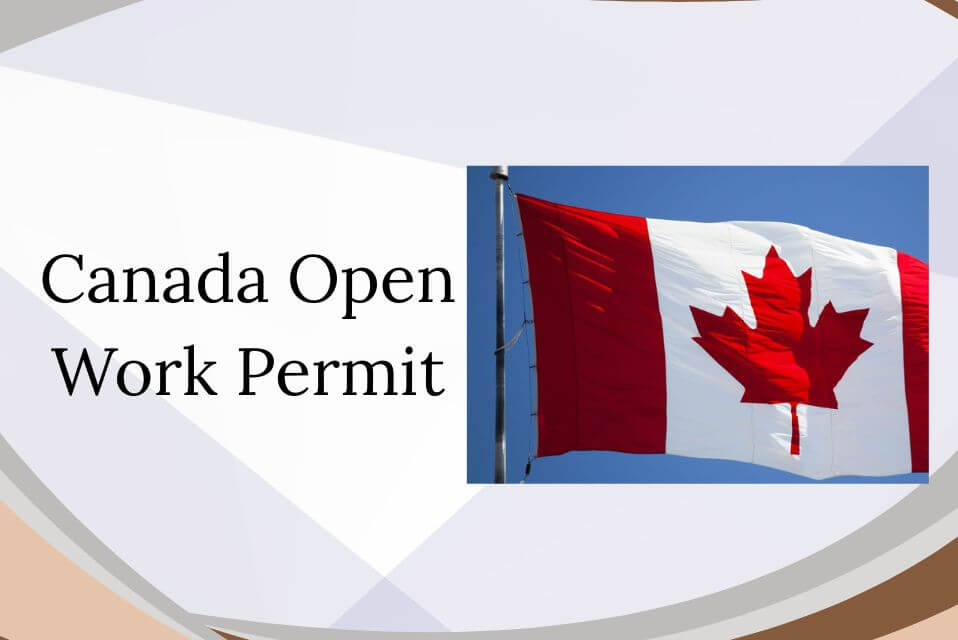
Belgium Cuts Skilled Work Permit Processing 2025
The Flemish government has announced a major reform in its work visa processing system, reducing the waiting time for highly skilled foreign workers from 1-2.5 months down to just 15 calendar days. This policy update aims to position Flanders as one of Europe’s fastest and most attractive destinations for global talent.
Belgium Cuts Skilled Work Permit Processing 2025:
What Does This Mean for Highly Skilled Workers?
Under the new system, professionals applying for work authorization in Flanders can expect significantly quicker processing, speeding up their ability to relocate and begin employment. This change particularly benefits workers in sectors facing acute labor shortages, such as:
- Information Technology (IT)
- Engineering
- Healthcare
- Finance
Check Also: UK Employers Hiring International Workers with Visa Support
Who qualifies as a “highly skilled worker”?
The Flemish Immigration Department defines highly skilled workers based on several criteria, including minimum salary thresholds (currently €[X,XXX] per month) and professional qualifications. Workers must typically have a valid job offer in one of the high-demand sectors to qualify. For the official criteria and updated salary requirements, visit the Flemish Immigration website.
Streamlined Processing Timeline:
Previously, obtaining a full work authorization — including consular visa processing and residence permit issuance — took up to 4.5 months. The new reforms have cut this total time to approximately 3 months.
Key changes include:
- Work permit application processing reduced to 15 calendar days for highly skilled workers.
- Faster coordination between immigration authorities and consulates.
- Improved digital submission systems for documentation.
This streamlined approach allows qualified professionals to relocate faster, helping businesses fill critical roles more efficiently.
What’s Coming in 2026?
Starting January 2026, the Flemish government plans to further accelerate processing times for all work authorization applications — not just highly skilled workers — aiming for a maximum processing time of 45 calendar days. This initiative is currently part of a draft legislative package, expected to be enacted pending parliamentary approval. For the latest updates on the policy, check the official government press releases here.
Tighter Restrictions on Low-Skilled Work Immigration:
While welcoming high-skilled talent, the Flemish government is also tightening rules for low-skilled and non-highly skilled workers. Although the specifics are still under development, these changes align with broader EU migration trends that prioritize filling labor shortages in critical sectors with qualified professionals.
Applicants seeking low-skilled employment in Belgium should prepare for potentially longer waiting times and more stringent eligibility requirements.
Practical Tips for Visa Applicants:
To maximize your chances of success and take advantage of faster processing:
- Confirm your job offer qualifies under the highly skilled category.
- Prepare all required documents in advance: proof of qualifications, employment contract, medical insurance, and a valid passport.
- Stay informed by regularly checking official immigration portals for updates or changes.
- Consider consulting an immigration specialist to ensure your application meets all legal requirements.
For comprehensive application guidelines and downloadable forms, visit the official Flemish Immigration portal.
Benefits:
1. Legal Work and Residency Rights
- You are legally authorized to live and work in Belgium.
- The permit is usually valid for 1 year, renewable, and often leads to long-term residence after 4–5 years.
- It combines work and residence authorization in one permit (“Single Permit”).
2. Competitive Salaries for Skilled Workers
- Skilled jobs in Belgium typically pay well, especially in sectors like:
- IT (e.g., software development, cybersecurity)
- Engineering
- Healthcare
- Finance
- For highly skilled workers, the minimum salary threshold (2024 figures) is approx.:
- €47,000+ per year for general skilled workers
- €75,000+ for managerial or executive roles
3. Access to Belgium’s Excellent Public Healthcare
- As a legal worker, you and your family are entitled to public healthcare insurance.
- Employers contribute to social security, covering:
- Doctor visits
- Hospital care
- Prescriptions
- Dental and specialist care
4. Family Reunification
- You can bring your spouse and children under family reunification rules.
- Your spouse may also receive a work permit (usually open).
- Children can attend public schools for free and access healthcare.
5. Social Security Benefits
As a registered employee in Belgium, you gain access to:
- Pension contributions
- Unemployment benefits
- Paid sick leave
- Maternity/paternity leave
- Work injury insurance
6. Paid Holidays and Leave
- Belgium offers generous paid leave:
- 20+ days of paid annual leave
- Public holidays (10+ per year)
- Parental and sick leave
- Employers may offer 13th-month bonuses or holiday pay.
7. Access to Schengen Travel
- A work permit/residence card allows visa-free travel within the Schengen Area.
- Ideal for business trips or holidays across Europe.
8. Pathway to Long-Term Residency & Citizenship
- After 5 years of legal residency, you may qualify for:
- Long-term EU residence
- Permanent residence
- Belgian citizenship (after meeting language/integration and stay requirements)
9. Career Development and Training Opportunities
- Many employers offer:
- Paid training
- Language courses (Dutch, French, or German depending on region)
- Upskilling programs
- You can also attend courses or study part-time while working.
10. High Quality of Life
- Belgium offers:
- Great public services
- Multilingual population (English widely spoken in cities)
- Good work-life balance
- Central location in Europe (close to France, Netherlands, Germany, and UK)
Comparison with Other European Countries:
Flanders’ new processing times now rank among the shortest in the EU. For context:
| Country | Average Work Visa Processing Time (Highly Skilled) |
|---|---|
| Belgium (Flanders) | 15 calendar days (new) |
| Germany | 4–8 weeks |
| Netherlands | 4–6 weeks |
| France | 2–3 months |
This efficiency gives Belgium a strong competitive advantage in attracting skilled migrants.
Final Thoughts:
Belgium’s reforms mark a significant shift in immigration policy, making Flanders a prime destination for highly skilled professionals eager to work and live in Europe. By cutting visa processing times drastically and aiming to expand these benefits across all job categories, the Flemish government is clearly committed to boosting its labor market and economic growth.
Frequently Asked Questions:
What changes have been made to Belgium’s skilled work permit processing times?
Belgium has reduced the processing time for skilled work permits in Flanders to 15 days, down from the previous 1–2.5 months.
How does this impact the overall relocation timeline for foreign workers?
The total time for a foreign worker to relocate to Flanders, including visa processing and residence permit issuance, has been shortened from up to 4.5 months to approximately 3 months.
Which types of work permits are affected by this change?
The expedited processing applies to permits for highly skilled workers, including the EU Blue Card and Single Permit applications.



